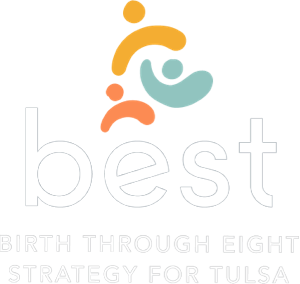About Us.
The Opportunity
Continuing Change in Tulsa
Oklahoma has led the country in providing universal access to prekindergarten. Tulsa currently has four Educare schools – which is the most in any city – a rigorous early childhood model, where the majority of students leave kindergarten ready. Oklahoma is also a leader in innovative public-private partnerships. The Oklahoma Early Childhood Program provides $40 million to 9 providers reaching children birth through three.
BEST aims to continue to coordinate a comprehensive continuum of care so Tulsa’s children have access to the opportunities and resources they need to thrive.
The Research
The birth and life outcomes for Tulsa’s children living in poverty widen over the course of their lifetimes. When we look at the data, significant differences in outcomes by socioeconomic status and other identity markers are evident.
- Support early brain development
- Increase access to and participation in quality programs and services
- Connect families to desired programs and services
- Improve conditions for success
In 2019, American Institutes for Research began a six-year process and outcome/impact evaluation of BEST to learn how and in what ways a comprehensive, continuous and integrated system-change approach can build greater opportunities that will improve the lives of young children and their families.
BEST Phase I Evaluation
During Phase I of BEST (2017-2019), Child Trends, a national research organization focused on improving the lives of vulnerable children and youth, conducted an Implementation Study. Using a developmental lens, the early implementation of BEST is captured through a series of surveys and interviews. Findings from Year 1 are linked through the Child Trends website here, with the full report available directly here. Findings from Year 2 can be found here.
The American Institutes for Research (AIR)
The American Institutes for Research (AIR) is a not-for-profit corporation with more than 65 years of experience in education-related research and development projects. AIR is one of the world’s largest behavioral and social science research and evaluation organizations. Their overriding goal is to use the best science available to bring the most effective ideas and approaches to enhancing everyday life. For AIR, making the world a better place is not wishful thinking. It is the goal that drives AIR. Founded in 1946 as a not-for-profit organization, AIR conducts their work with strict independence, objectivity and non-partisanship.
“Honoring and valuing proximity to community is essential for hopes of making an enduring impact. Those who are closest to the problem have unique insights and experience that need to be a part of the decision-making for the allocation of resources, the development of interventions and so much more.”
– Sophia Pappas, Managing Director at the Birth Through Eight Strategy for Tulsa (BEST)
Our Team
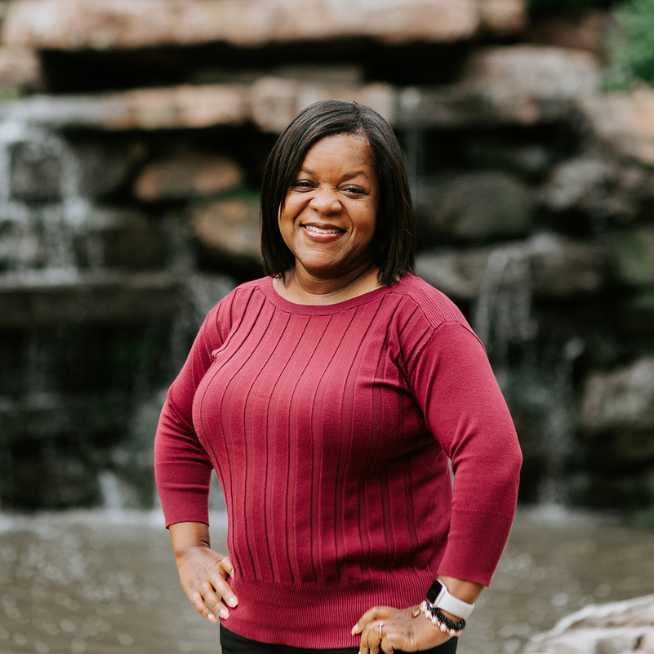
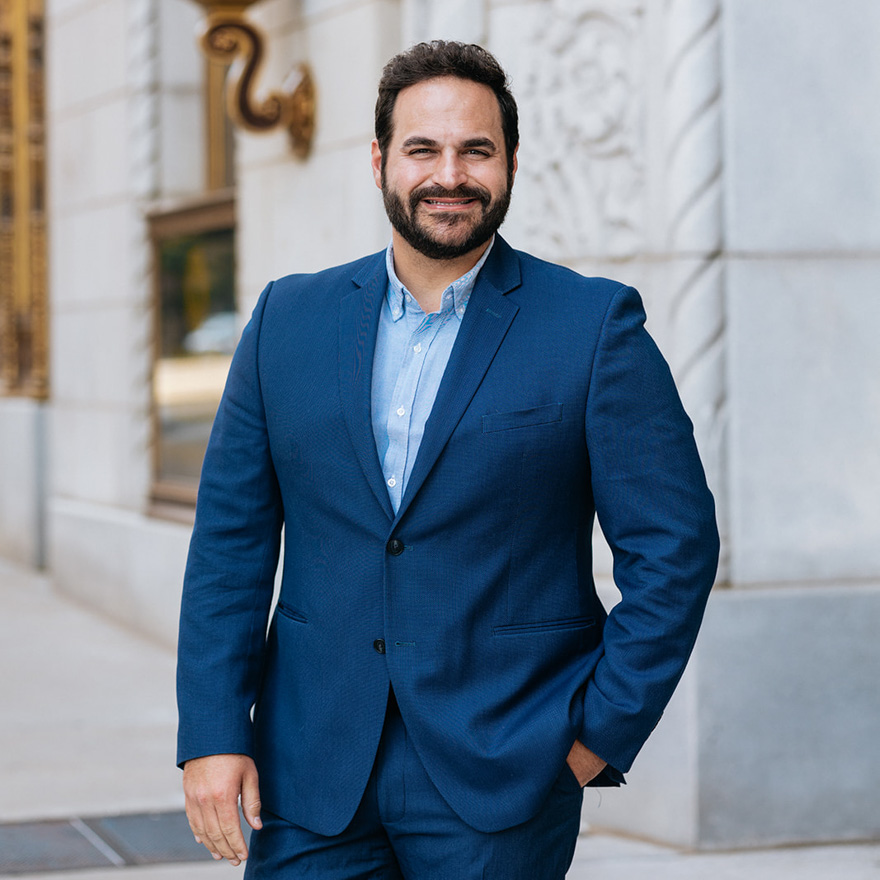
John Brooks
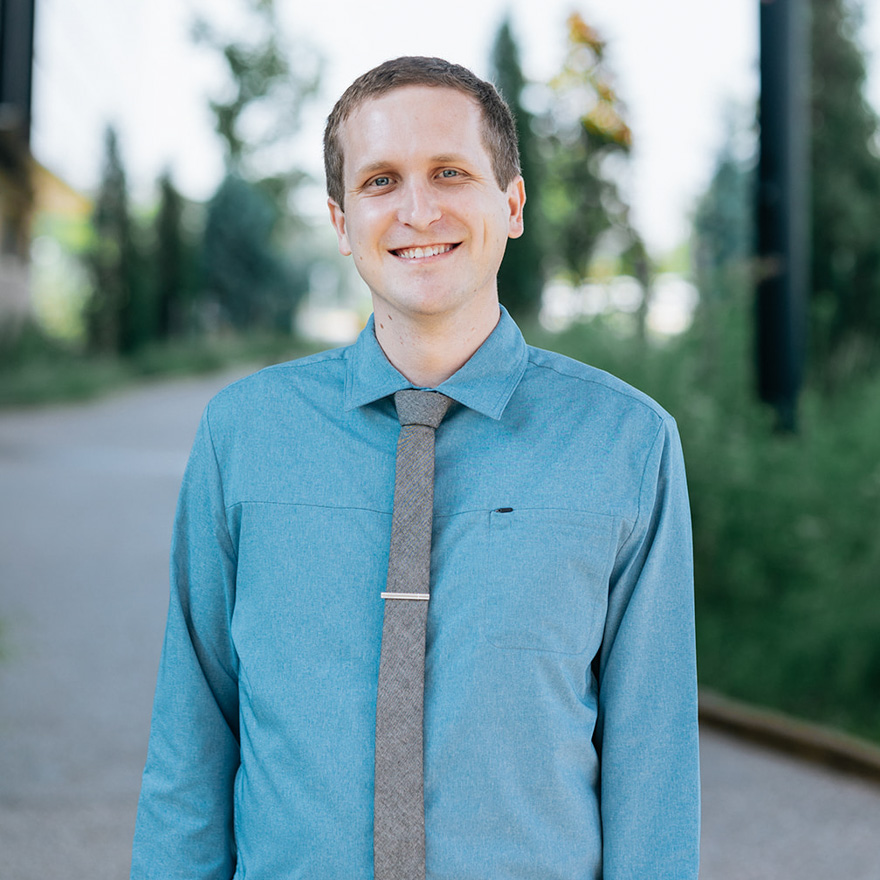
Travis Buchan
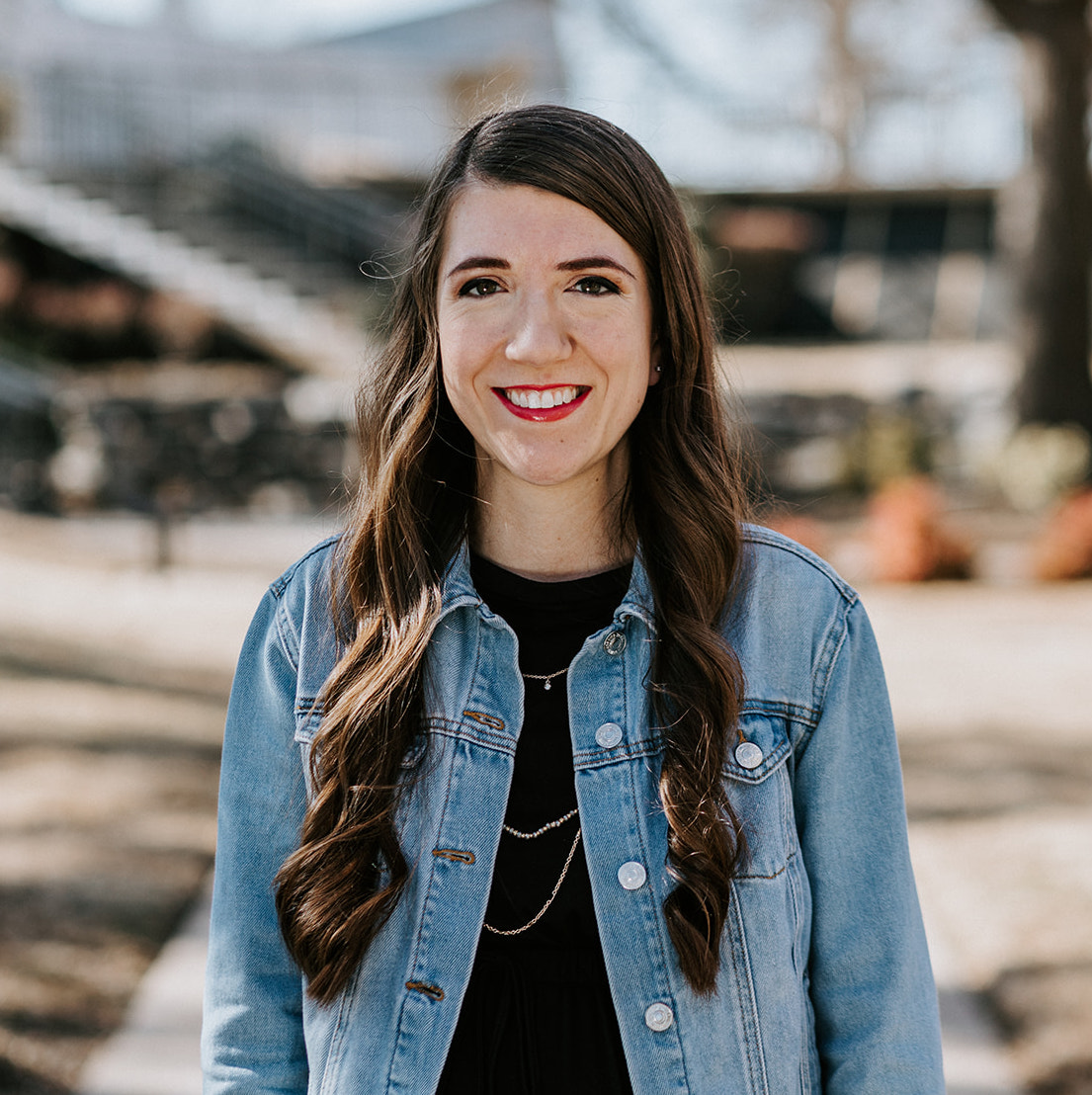
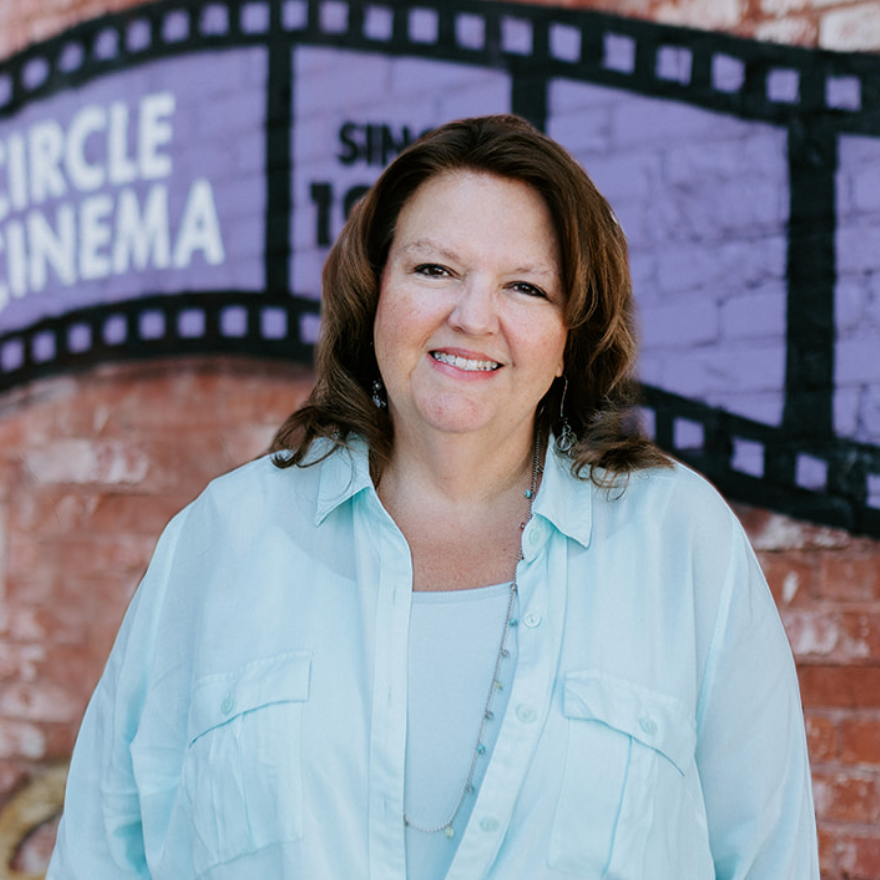
Beth Delancy
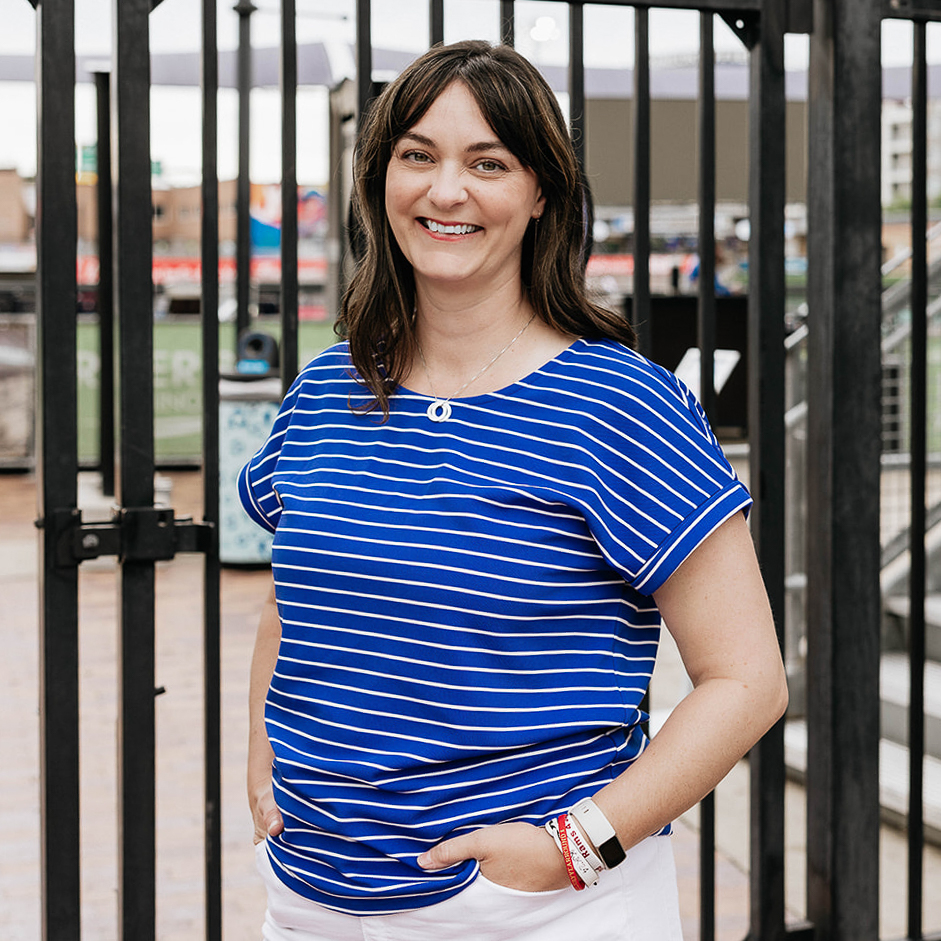
Joani Dotson
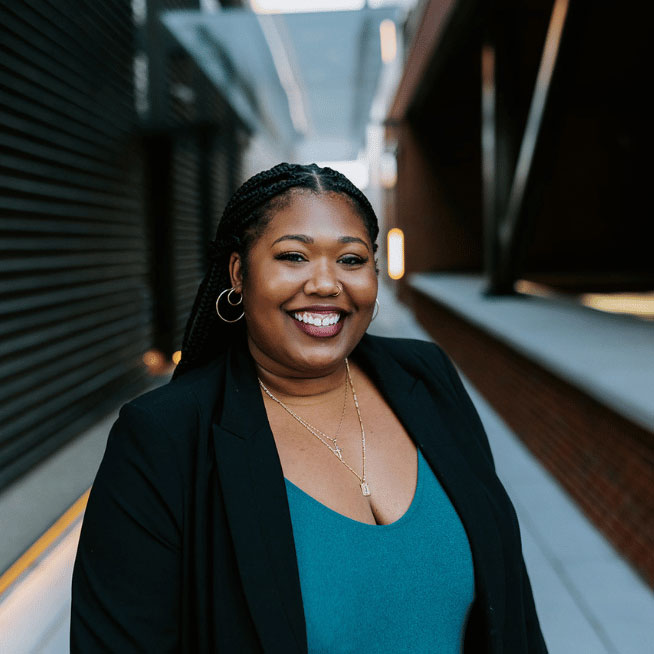
JD Johnson

Ashley Knox

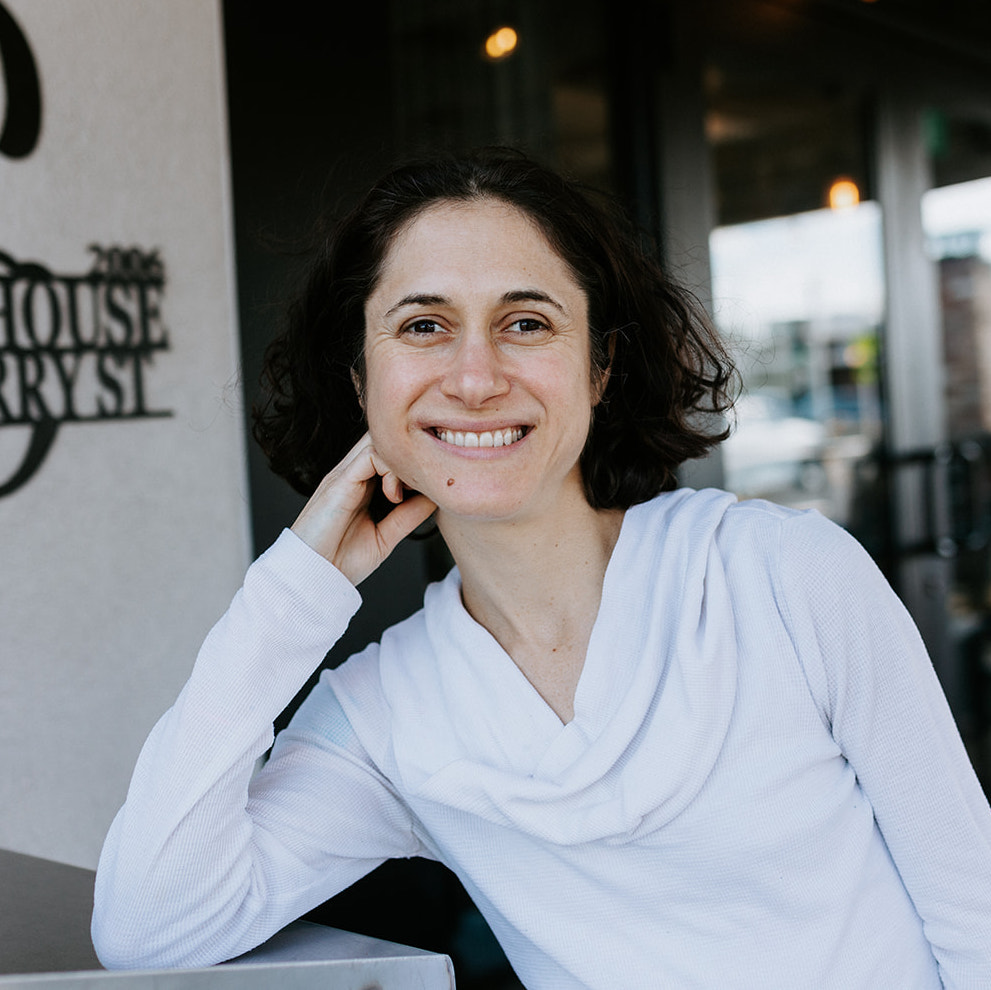

Chela Starks
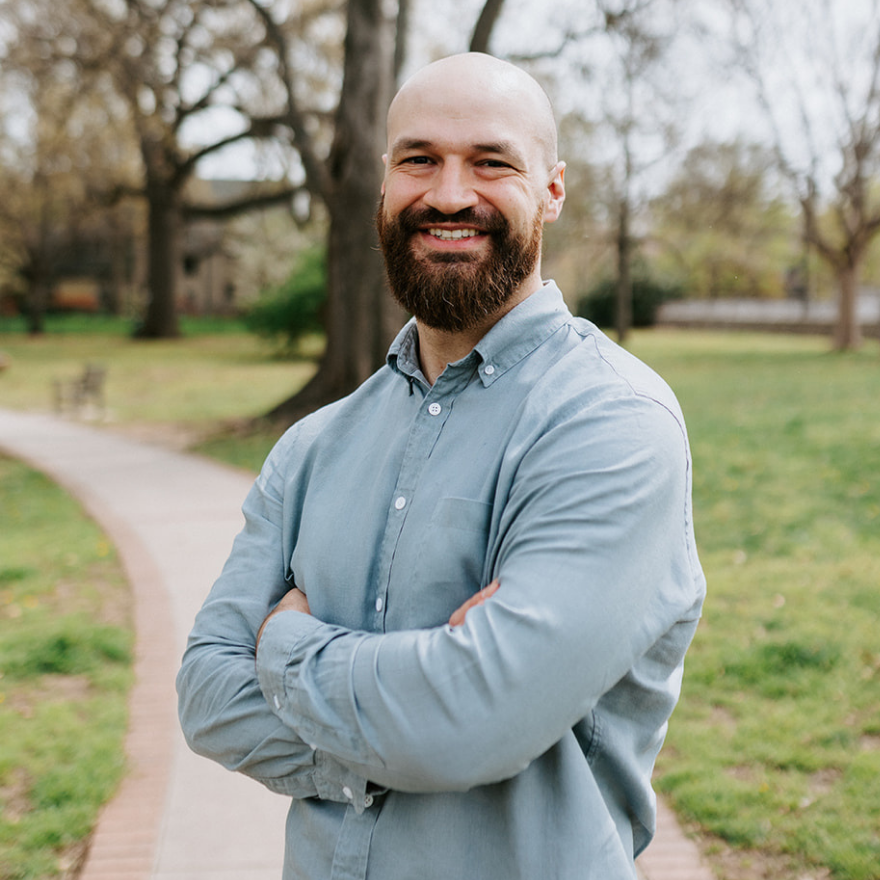
Dan Sterba
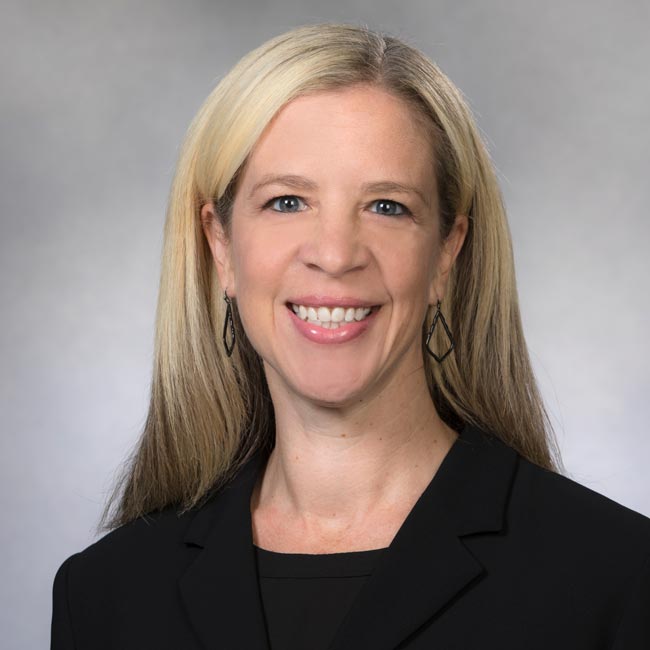
Amy Tate
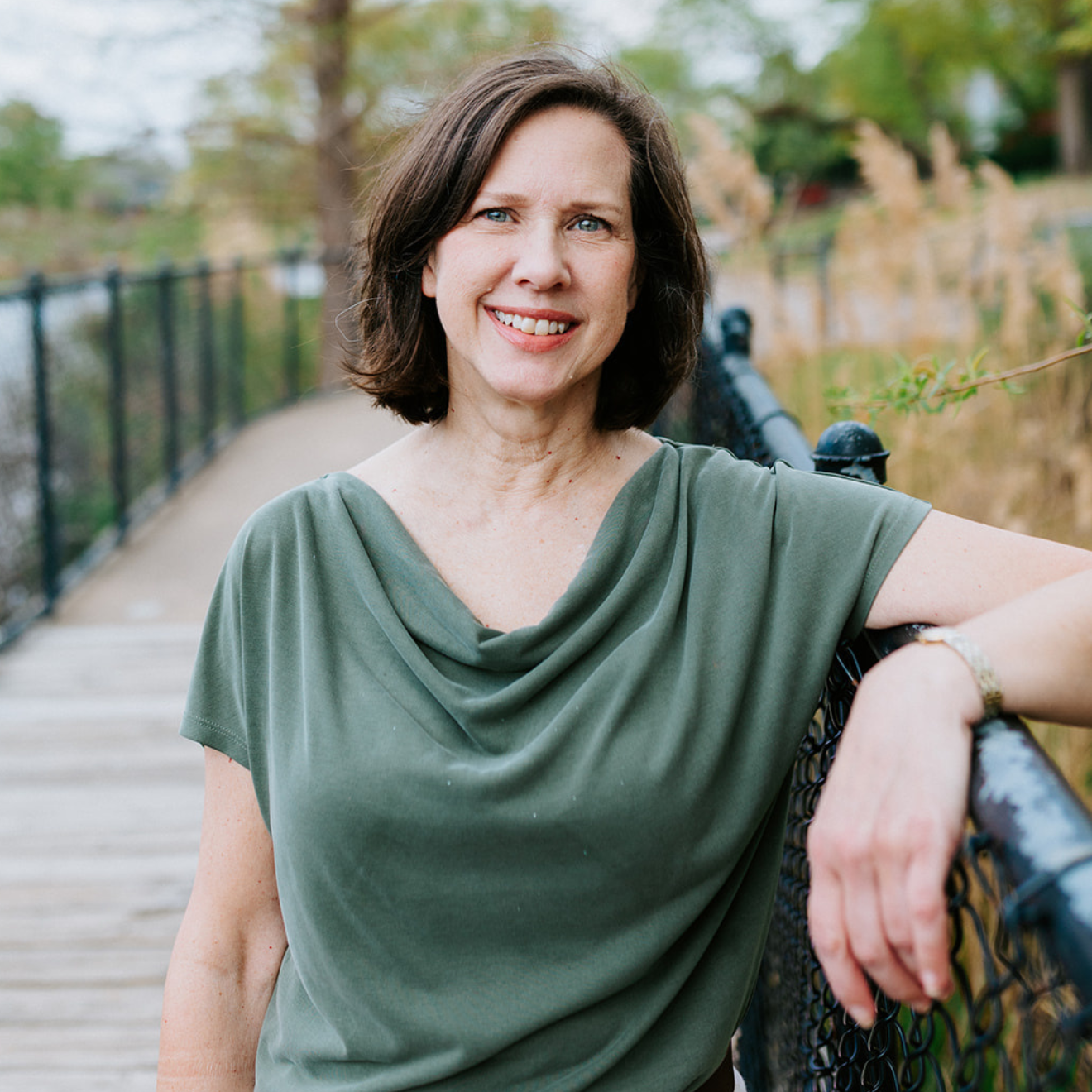
Angela Wells
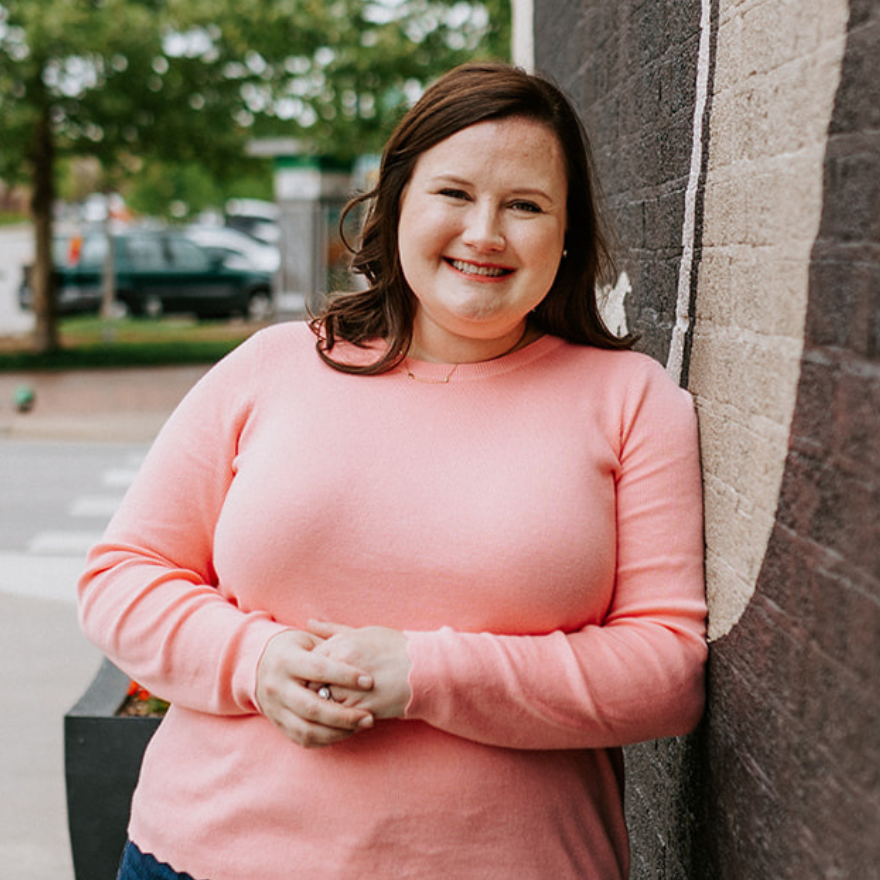
Anna Watson
Building Networks of Care
BEST works to ensure Tulsa is the best place for children to thrive through working to create pipelines for equitable access to resources and opportunities. You are a critical part of building our thriving Tulsa community.
